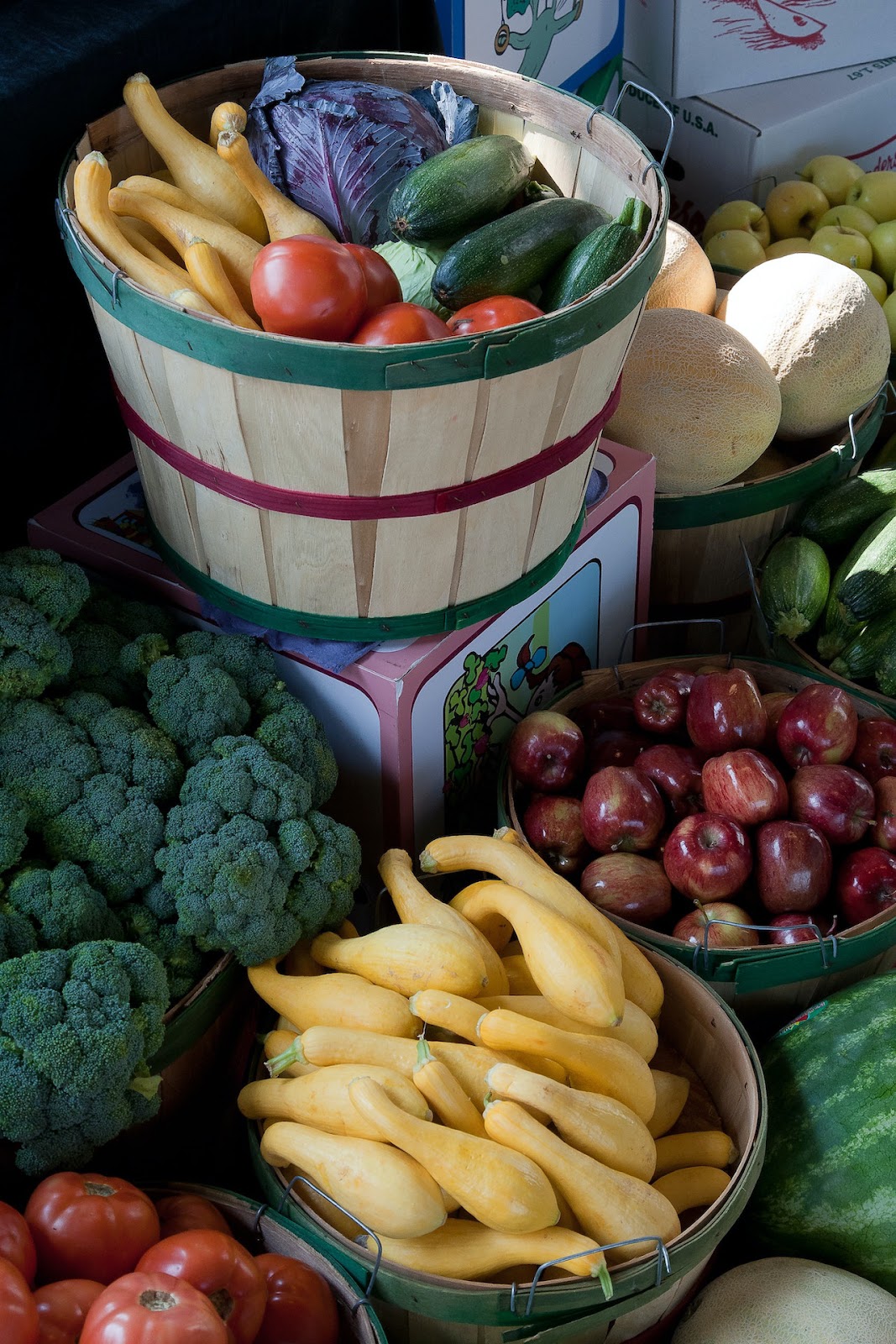Harvesting Hope||Ensuring Global Food Security||Why food security is important||Food wasting||Agriculture
Ensuring Food Security
Embracing Sustainable Agriculture Practices for a Hungry World
Introduction:
Food security, the state of having access to sufficient, safe, and nutritious food at all times, is one of the most critical challenges facing humanity today. With a growing global population, climate change, and environmental degradation, traditional agricultural practices are no longer sufficient to meet the increasing demand for food. In this article, we will explore the concept of food security, the threats it faces, and how embracing sustainable agriculture practices can pave the way for a more food-secure and sustainable future.
1. Understanding Food Security:
Food security is a complex issue that encompasses four dimensions: availability, access, utilization, and stability. It involves not only producing enough food but also ensuring that people have the means to access and utilize it effectively. Furthermore, food security requires stable food supplies to withstand shocks caused by natural disasters, economic fluctuations, or other crises.
2. Challenges to Food Security:
A. Growing Global Population:
The world's population is projected to reach 9.7 billion by 2050, increasing the demand for food significantly.
B.Climate Change:
Rising temperatures, changing precipitation patterns, and extreme weather events pose a threat to agricultural productivity and stability.
C. Environmental Degradation:
Deforestation, soil erosion, and water scarcity are diminishing the earth's capacity to support agricultural activities.
C.Loss of Biodiversity:
The decline in biodiversity affects ecosystem services crucial for agricultural resilience, such as pollination and natural pest control.
3. Embracing Sustainable Agriculture:
A.Conservation Agriculture:
This approach promotes minimum soil disturbance, crop rotation, and cover cropping to improve soil health, water retention, and carbon sequestration.
B.Agroforestry:
Integrating trees and crops on the same land enhances biodiversity, improves soil fertility, and provides additional income sources.
C.Precision Farming:
Using technology like GPS and sensors, precision farming optimizes resource use, reduces waste, and increases crop yields.
C.Diversification of Crops:
Growing a variety of crops enhances resilience to climate change, pests, and diseases, reducing risks for farmers.
E.Water Management:
Implementing efficient irrigation techniques and rainwater harvesting helps conserve water and ensures its sustainable use.
4. Reducing Food Waste:
A significant portion of food produced is lost or wasted throughout the supply chain. Addressing food waste is crucial in achieving food security. Consumers, businesses, and governments can work together to implement strategies for better food distribution, storage, and consumption practices.
5. Empowering Smallholder Farmers:
Smallholder farmers play a vital role in global food production, especially in developing countries. Supporting these farmers with access to resources, training, and financial services can enhance their productivity and resilience, contributing to overall food security.
6. Policy and International Cooperation:
Governments and international organizations must work collaboratively to develop policies and initiatives that promote sustainable agriculture, invest in research and innovation, and address issues like trade barriers and market distortions that affect food security.
Conclusion:
Achieving food security is a multifaceted challenge that requires collective action and a shift towards sustainable agriculture practices. By embracing conservation techniques, agroforestry, precision farming, and promoting biodiversity, we can enhance agricultural resilience and productivity. Additionally, efforts to reduce food waste, empower smallholder farmers, and foster international cooperation are integral to building a food-secure future for generations to come. Embracing sustainable agriculture is not only vital for food security but also for preserving our planet's ecosystems and creating a more sustainable and resilient food system for the entire world.
______________________________________________________________________



Comments
Post a Comment